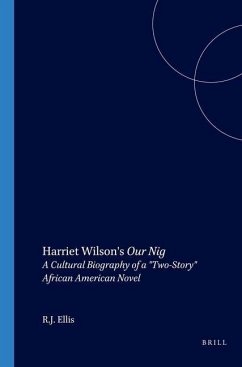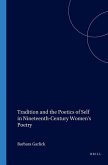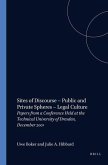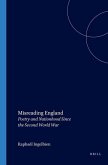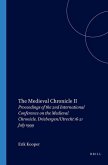Addressed to all readers of Our Nig, from professional scholars of African American writing through to a more general readership, this book explores both Our Nig's key cultural contexts and its historical and literary significance as a narrative. Harriet E. Wilson's Our Nig (1859) is a startling tale of the mistreatment of a young African American mulatto woman, Frado, living in New England at a time when slavery, though abolished in the North, still existed in the South. Frado, a Northern 'free black', yet treated as badly as many Southern slaves of the time, is unforgettably portrayed as experiencing and resisting vicious mistreatment. To achieve this disturbing portrait, Harriet Wilson's book combines several different literary genres - realist novel, autobiography, abolitionist slave narrative and sentimental fiction. R.J. Ellis explores the relationship of Our Nig to these genres and, additionally, to laboring class writing (Harriet Wilson was an indentured farm servant). He identifies the way Our Nig stands as a double first: the first separately-published novel written in English by an African American female it is also one of the first by a member of the laboring class about the laboring class. This study explores how, as a result, Our Nig tells a series of disturbing two-stories about America's constitutional guarantee of 'freedom' and the way these relate to Frado's farm life.

